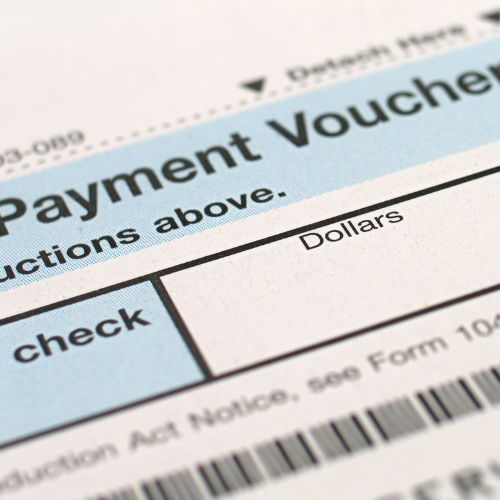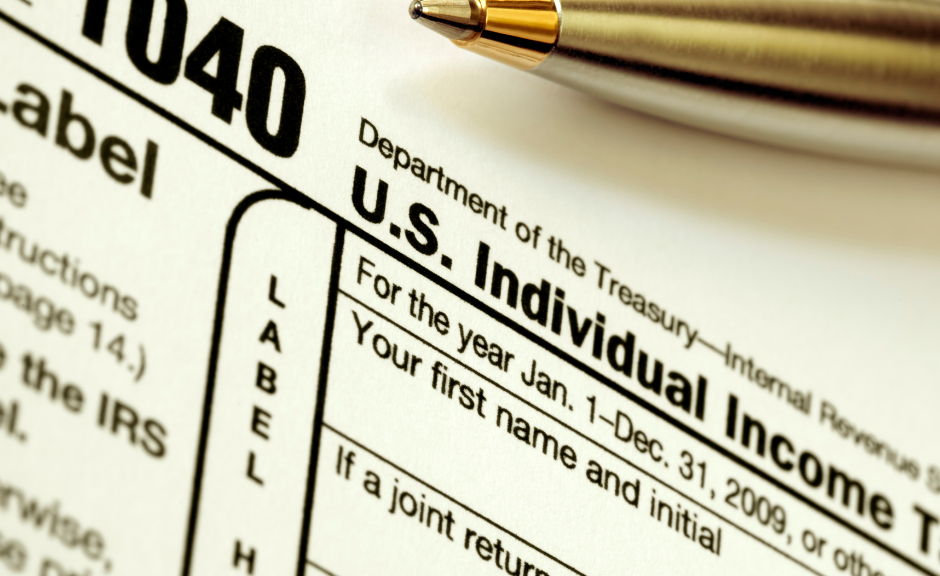Tax planning is an essential aspect of managing your personal or business finances.
One key element of tax planning is ensuring that you meet your tax obligations throughout the year. For individuals and businesses that don’t have taxes withheld from their income, estimated tax payments are important to staying compliant with the tax laws.
Here are five ways to make your estimated tax payments.
- Determine if you need to make estimated tax payments. Individuals and businesses that expect to owe $1,000 or more in taxes after subtracting any withholding and refundable credits can make estimated tax payments. This applies to self-employed individuals, freelancers, independent contractors, and business owners whose income is not subject to withholding.
- Calculate your estimated tax liability. Estimate your income and deductions for the current tax year. Consider factors such as self-employment income, investment income, and any other sources of taxable income. Deductible expenses and credits should also be taken into account. You can use last year’s tax return as a starting point and adjust for any significant changes.
- Determine a payment schedule. For most individuals, estimated tax payments are due quarterly. The payment due dates are typically April 15, June 15, September 15, and January 15 of the following year. However, if any of these dates fall on a weekend or a holiday, the deadline is shifted to the next business day.
- Calculate each payment. Divide your estimated tax liability by the number of payment periods to calculate the amount of each estimated tax payment. For example, if you have four payment periods, divide your estimated tax liability by four to determine the amount for each payment. It’s important to note that estimated tax payments are based on a pay-as-you-go system, so it’s ideal to make equal payments throughout the year to avoid penalties and interest.
- Submit your payment. The most convenient method is to make an electronic payment through the IRS Electronic Federal Tax Payment System (EFTPS). *** This allows you to make secure online payments directly from your bank account. You can also pay by phone using the EFTPS Voice Response System or by mail using Form 1040-ES and a check or money order payable to the United States Treasury. Be sure to include the payment voucher from Form 1040-ES with your payment.
- Keep track of your payments. Maintain a record of the dates, amounts, and payment methods used for each payment. This documentation will be useful when filing your annual tax return, as you will need to report your estimated tax payments accurately.
- Review and adjust as needed. Regularly review your estimated tax payments and reassess your tax situation. If your income or deductions change significantly, you may need to adjust your estimated tax payments accordingly. It’s better to make adjustments as you go rather than underpaying and potentially incurring penalties at the end of the year.
Estimated tax payments are an important aspect of tax planning for individuals and businesses with income not subject to withholding. By following these steps, you can make your estimated tax payments on time to avoid penalties. Consider consulting a tax preparer or utilizing tax software to ensure accuracy and to receive guidance tailored to your specific tax situation.
A.K. Burton, PC, has been working with the IRS for our clients for many years. Our firm has experienced accountants who can help you do your tax planning and file your tax returns and represent you to the IRS. We do individual and business tax returns. Call us at (301) 365-1974 for a consultation.
We serve the Bethesda, Rockville, and Montgomery County, MD area.
*** For more information on making estimated tax payments, visit the EFTPS page on the IRS website.







